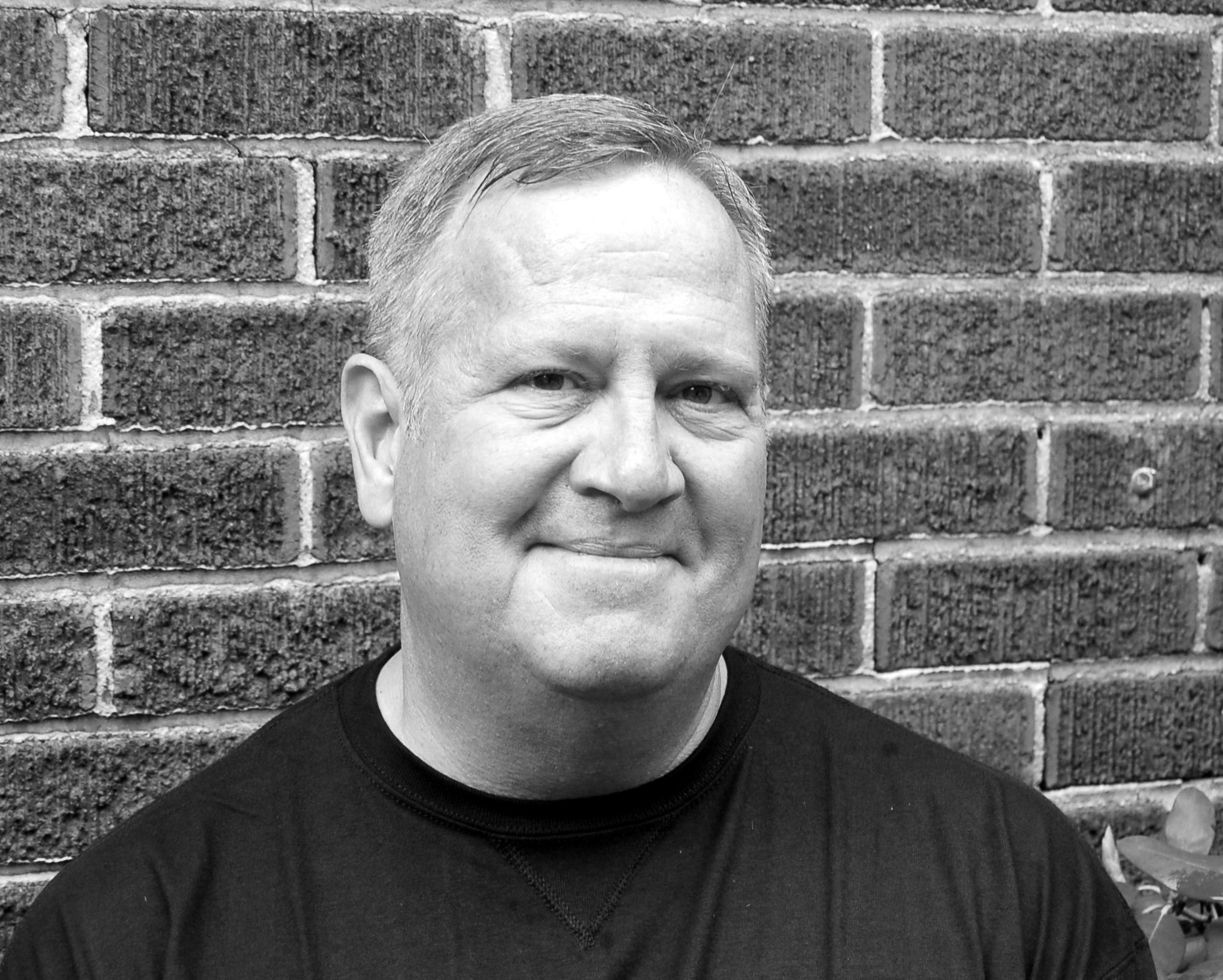Dinty W. Moore is the coordinating editor for the anthology Best Creative Nonfiction (W.W. Norton), and edits the internet journal Brevity. A National Endowment of the Arts fellowship recipient and author of several books, including the memoir Between Panic and Desire and The Truth of the Matter: Art and Craft in Creative Nonfiction, Dinty teaches writing at Ohio University and guest teaches nonfiction seminars around the US and Europe.
IF YOU HAVEN’T YET BECOME A READER of Brevity, go check it out now. For more than a decade they’ve been publishing short (750 words or less) nonfiction pieces, quietly (it seems to me) carving out a niche around a certain kind of writing – compact, rooted in place and yet universal, instructive – and helping to give nonfiction writers a venue in American and world literature.
